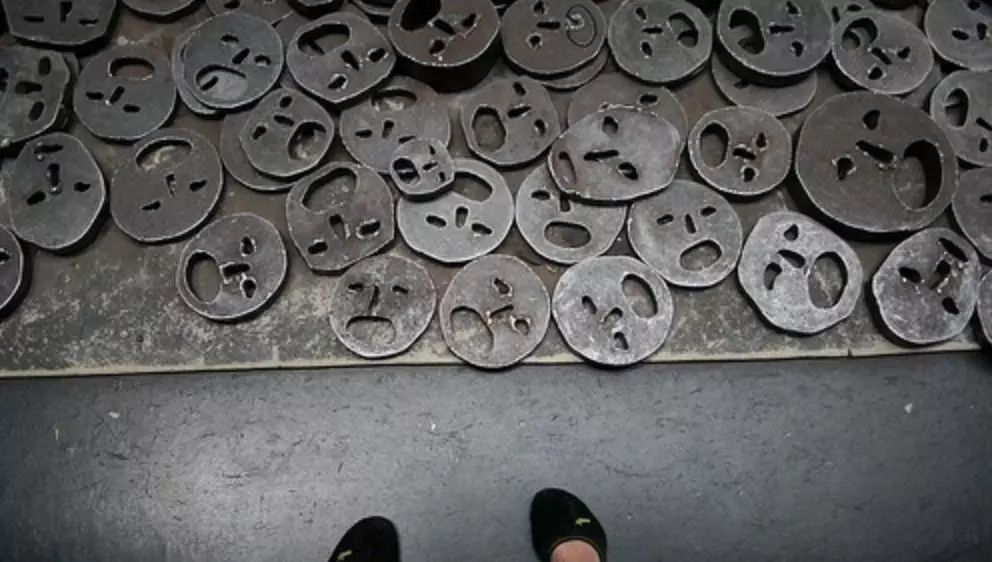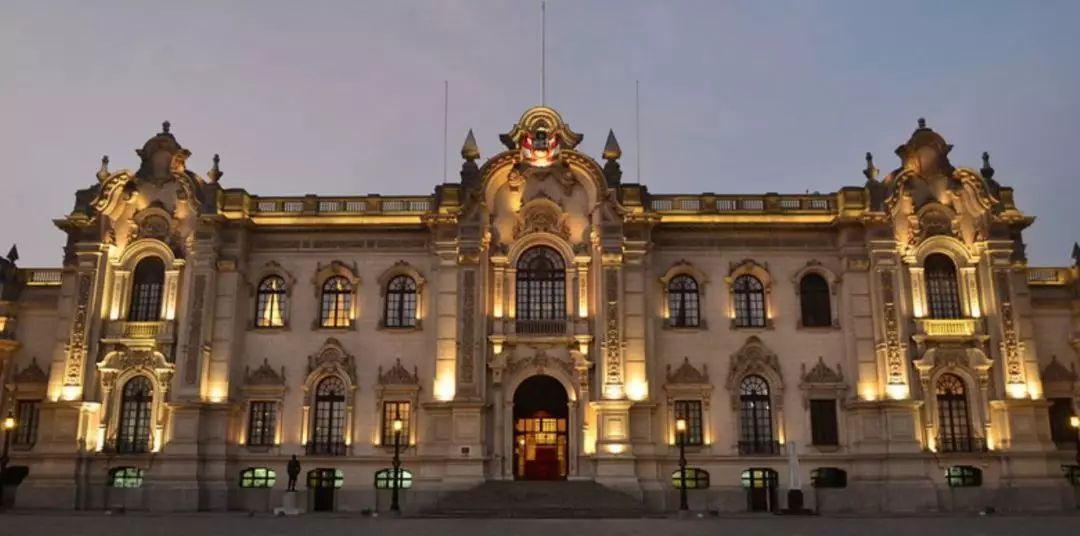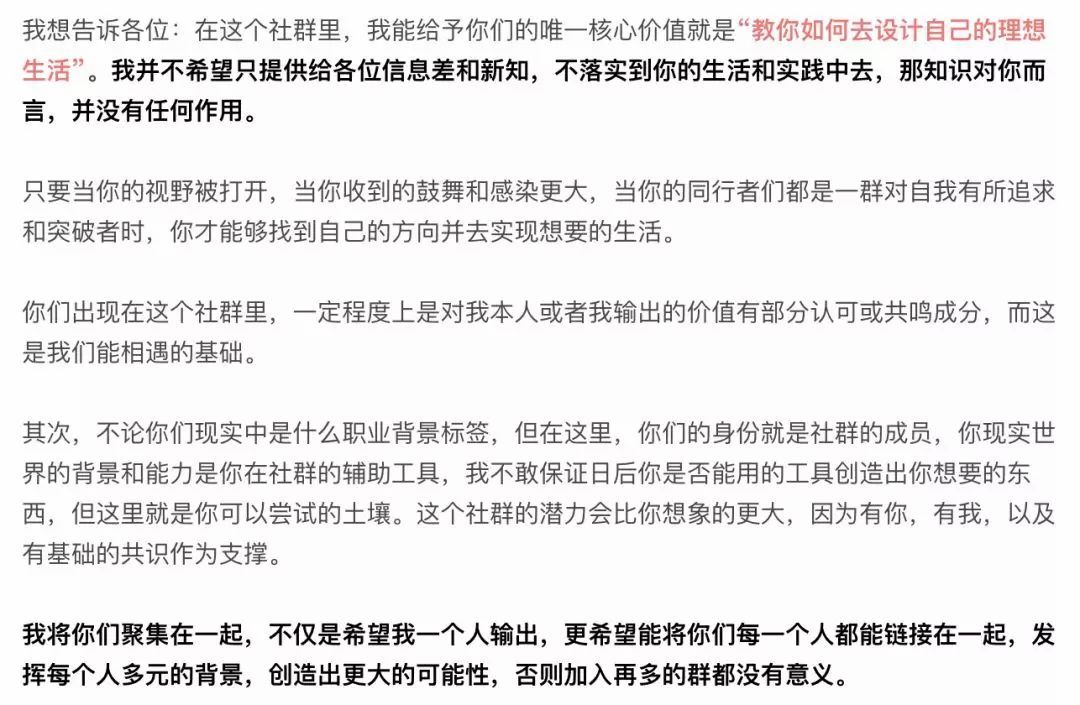
野生咨询|内容教练|🎙空无一物/有效失败 亲密关系|多元思维|认知升级|成人教育 DAO/Crypto|🌍 世界公民 B站/公众号:范米索| 微博:斜杠少女范米索
A discussion of identity, culture, and freedom.

The day before yesterday, I had a conversation with a sojourner and creator of Japanese niche cultural tourism experience.
When we were talking about his project, the other party suddenly threw me a question:
"What do you think your identity is?"
I paused because his question surprised me a little. He said he had a friend who had lost his identity and didn't know how to explain his identity to others, so he wanted to hear from me.
I said, "This question is actually a bit broad. Let me tell you about my understanding of identity when I was in Japan. Obviously, the most important thing for you to put your natural identity is that you are in a foreign country, because at that time, you, It represents your country, and your most obvious symbol must be "Chinese".
When there was a major crisis in my identity, it was undoubtedly in Japan. On the one hand, he received the help and kindness of many Japanese friends, but on the other hand, he had to accept the reality of being deceived by his compatriots.
On the one hand, I have transmitted the excellent civilization of China to a large number of Japanese, and let them change their views on China through me. I don’t know how many people said to me: “You are very different from the Chinese in my impression. ."
Perhaps most foreigners' concept of Chinese is directly equated with money, and to change their views, it is undoubtedly necessary to influence them through your inner thoughts and thoughts, and then win their respect.
At that time, I knew that if I wanted to continue to walk well in Japanese society in the future, I would probably need to give up my nationality and assimilate myself as a Japanese, but this was something I was unwilling to accept, so I decided Back home to pursue education.
After he listened to my exposition of "identity", he exchanged his opinions.
He says:
" I feel that identity is like a person who came into this world, originally a naked baby, but he needs to wear clothes. At this time, his Chinese identity is given by nature, but can identity be handled and discussed?
Maybe his clothes are made of Chinese fabrics, printed with American patterns, and used Japanese sewing techniques, but these are just one piece of clothing, and the real thing behind the clothes is your body. So, what is the value behind each person's identity?
Identity is inseparable from ideology and culture. In my opinion, the role of culture is the time to absorb high-end talent. Countries with strong culture, such as the United States, can absorb a large number of high-end talents from China, and then export a steady stream of power to build an American cultural community. As a developing country, if you want to export culture and do a good job in cultural publicity, you must absorb labor.
The result of cultural output is identity. You can have a Chinese consciousness, but maybe your cognitive culture will change after you accept the Japanese cultural output. "
I like his explanation of the difference between "identity" and "culture". And after talking to him, I did a lot of thinking on my own.
01
If it is said that the identity of nationality is random in everyone, can we treat and discuss each person's acquired identity more rationally?
If innate factors determine your identity as a Chinese citizen, then acquired growth and education will naturally determine the huge differences in everyone's ideology and behavior patterns, so it is not difficult to understand the reasons for career choice or acquired nationality choice .
But I think there is often a lot of debate on this one. People who like Japanese culture will be called "Jingri" by the radicals, and the words "cents", "sufen", "deblow", "five cents", etc. are also extremely offensive. .
So, is the person being scolded at fault? Is it wrong to curse people?
Isn't this a cultural identity behavior that everyone makes after accepting a different culture? And this cultural identity will naturally become a sense of "identity" identity. So why can't these cultures be allowed to cross and overlap each other? Why do you have to be firm in choosing to completely deny a party?
Then, from the topic of identity transformation brought about by cultural identity, we seem to be able to discuss the issue of "freedom of identity choice".

(1)
Let me tell you two cases of "identity choice" that I have come across.
I had a short-term relationship with a half-Italian boyfriend before. He hardly spoke Chinese very well, and he only taught himself for a year or two. His father had never taught him about China, and he gradually started to speak a little bit after he studied at Tsinghua University. He is a typical person who is very fanatical and fond of China, and admits that he will immigrate to China in the future.
However, what went wrong? In fact, I have always liked European culture. I hoped to see the world through his eyes and understand his country, but then I found out that he was madly complaining about and diss the country of Italy, which once made me have a great shadow on Italy. .
To this end, I said to him very seriously: "You represent your own country here. No matter how bad this country is, at least it is a place to nurture you and grow up. You grew up in this country, but it never made me feel To the point where you love your country. Maybe your studies are good, but I hope you have some basic respect and principles.
I think this is also a very important reason why I decided to break up later.
(2)
My current boyfriend is also mixed race, just Japanese and Peruvian. I discussed this topic with him and I asked him, "Are you having an identity crisis?"
Because when he was 20 years old, he needed to face the issue of nationality choice, because Japan does not allow the existence of two nationalities, and his parents gave him the right to choose. In the end, he chose Peruvian nationality without hesitation.
I know that he lived and studied in five different countries for a long time. He received Japanese education from kindergarten to elementary school, and then returned to Peru to attend middle and high school, and then went to the United States, Panama, Spain and other places. to different cultures.
In my opinion, when a person has only seen diverse cultures and been exposed to different viewpoints and ideas, he will gradually know what he wants. So I threw the question to him.
The answer he gave me was simple:
" I never had an identity crisis because I was born in Peru and I am grateful for my country and for the parents who raised me even though my mother is Japanese although everyone knows the Peruvian government is shit and the traffic sucks to you It's hard to imagine. But it doesn't affect my love for this country, nor does it affect my ability to build my country better in the future.

However, if you, as a Chinese, were raised by an American family, I think you may be more emotionally inclined towards your family. Even if you are Chinese in your genes, you may not necessarily choose your genetic identity. "
At the same time, he told me that after being exposed to a lot of multiculturalism, he has a better understanding of how to "take the essence and get rid of the dross" from different cultures.
"The most influential part of Japan is that it taught me "how to respect others", but people in Latin American countries do a very bad job of respecting others. However, because of this respect, Japanese people often The distance between people is very indifferent, but the people in Latin America have a passion in their bones. Japan is very safe and you don't even have to worry about your wallet being stolen. The crime rate in Latin America is so high that it is difficult for everyone to trust Others, need to maintain a high degree of vigilance of the surrounding environment at all times...
However, although the law and order in Peru is not as good as Japan, it has cultivated my reflexes and sharpness. Even if I were thrown into the Amazon jungle, I had absolutely no fear of starvation or accident. But if I grew up in Japan, I wouldn't necessarily have those qualities, so I'm grateful. "
He almost absorbed the advantages of these almost contradictory cultures and grew into his current individual.
However, not everyone can have his experience, just through his eyes, plus I have been exposed to the Japanese culture, so the understanding and thinking about the culture superimposed on my identity may be deeper than many people. Some.
This is also a part of my admiration for him. Through his eyes, I clearly know what kind of shape Latin American countries are and where their strengths and weaknesses lie. He's very proud of being a Peruvian, and one of the biggest things he taught me was to be "tolerant and grateful," and that his "gratitude" was not just about good things, but also bad things in other people's eyes.

Originally, I had a bad impression of Latin America and a good impression of Italy. But after meeting these two boys, they gave me a completely subversive perception. Because my knowledge of a country can only be understood through the words of local people, but you may have found the problem once.
Their identity here with me represents their own country, my information contacts are very limited, and as the people closest to me, my perception of the country behind them is entirely up to them. In the same way, their understanding and cognition of China also need to pass through me, and their cases are different from those of people who have not gone abroad. At least they all lived or traveled in China for a long time.
To give an inappropriate example, if I don't have any ability to think dialectically, and I haven't been to Italy or Latin America, then I'll probably think:
"It turns out that Italians are very lazy, Italy is very ragged and garbage..."
"It turns out that there are so many delicacies in Peru, and the scenery in Peru is so great. Almost all Peruvians are good at singing and dancing, and they are hospitable..."

Found a problem? The matter of "generalizing with partiality" is automatically a "logical self-consistent" thing for me.
Then I spread the truth again, feeling that I had the right to speak. Once someone who also did not have a dialectical thinking accepted my message, it would probably become: "I have a friend, she said..."
People can always pick out a bunch of faults in their own country, just like a besieged city, there are always people who want to escape, and there are always people who want to enter. Everyone’s reasons for fleeing are mostly similar, but their reasons for choosing can vary widely.
However, for people who have not experienced different cultures of the world, what they see now is just a blindfold. Is it a foreign moon or a Chinese moon?
I hope that when you blurt out this conclusion, don't forget to include the time dimension of the comparison, weather factors, seasons, etc.
2
From the "identity choice" derived from culture, we might as well talk about the issue of "freedom".
We all know that the word "freedom" has been pursued by countless people since ancient times. There is even a well-known saying that "life is precious, love is more expensive, and if you care about freedom, both are terrible" .
The word liberty seems to override everything to some extent.
People yearn for freedom, freedom of opinion, financial freedom...and even more freedom of identity choice. However, this inner desire and the behavior presented by reality are often contradictory.
If the right of the so-called "freedom" is really entrusted to you, can you really exercise your right, and are you really capable of using the weapon of "freedom" well?
Whether in "The Crowd" or "The Silent Majority," we have already witnessed an obvious truth:
The vast majority of people in the world are followers, nothing more than sheep with no particular desire for freedom, nor any desire to allow themselves to think or be self-sufficient. They want leaders, bosses, and being told exactly what to do and how to think.
The vast majority of people will want someone to take care of them, make decisions for them, and have the security of belonging to the group, country, religion, etc. that is going to protect them. They have low self-confidence and high levels of respect for authority. Believe that sacrificing yourself is the only way to live. There is not a lot of personal identification and no confidence in your ability to take charge of your life and achieve important things. I don't want to have the courage to make my own decisions freely.
I don't know if you will have the above contradiction about "freedom".
When you long for "freedom", first consider whether you have the "ability" to control "freedom".
Similarly, when people say they want "freedom of public opinion", we might as well imagine what the consequences will be when this right really falls to everyone?
"I like Cai Xukun, I think he is qualified to run as a representative of xx!"
"Why Cai Xukun, Yang Yang is also very good, I choose Yang Yang!"
...
Of course this is just an inappropriate example.
What I want to say is that many people simply do not have the ability to exercise this "freedom", or even the ability to discern the truth. So what will be the consequences of relaxation? It's hard for me to imagine.
The pandemic actually gave me a lot to think about.
Two days ago, I decided to launch the "Wisdom Talking Forum" community program. The core purpose of this community is only "to teach you how to design the life you want".
Use "design thinking" to adjust confusion, find the direction of life, find work-life balance through independent learning and personal growth, and live the life you love.
I am a person who yearns for freedom, so I will grow up with the selected members of the community from the dimensions of body management, thinking style, lifestyle, sideline creation, and efficiency tools , and open source whatever I have. Resources.
In a letter to them, I wrote the following paragraph:

The upper limit of the community is 150 people (in the future, each group will not exceed this number), I know that the range that a person can link to is basically the number of 150. Therefore, in the future, each of my communities will not exceed this number, because small and sophisticated can better play the role and enthusiasm of everyone.
The release of this article means that the community has stopped recruiting for free (the current community members are 90). Those who are already in the group, congratulate you and thank you for your early trust in me.
For friends who still want to join, there are only two ways - free for members of knowledge planet/non-knowledge planet members to fill in the form (read the full text) + paid (199/person)

In addition, there is an expectation written by a member of the community, which moved me very much. He said:
Following basic logic and values, there can be debates with different voices, a friendship layer with an empty cup mentality and the same values, and a spiral of self-expression and personal growth.
I feel that where a person is now (whether happy, rich, miserable, poor, or somewhere in between) is the result of actions taken previously. And this type of behavior is the consequence of habitual thinking, embodied in personal goals, values, and philosophies.
Ultimately, your own thoughts, who you are, are what you are. If you want to change your situation, obviously you have to change your actions, and to do that you need to change your thinking. Thoughts and actions are necessary, otherwise you will struggle.
Weibo: Slash Girl Fan Misuo "Personal brand management, self-growth, slash life, long-distance work"
Like my work?
Don't forget to support or like, so I know you are with me..
Comment…